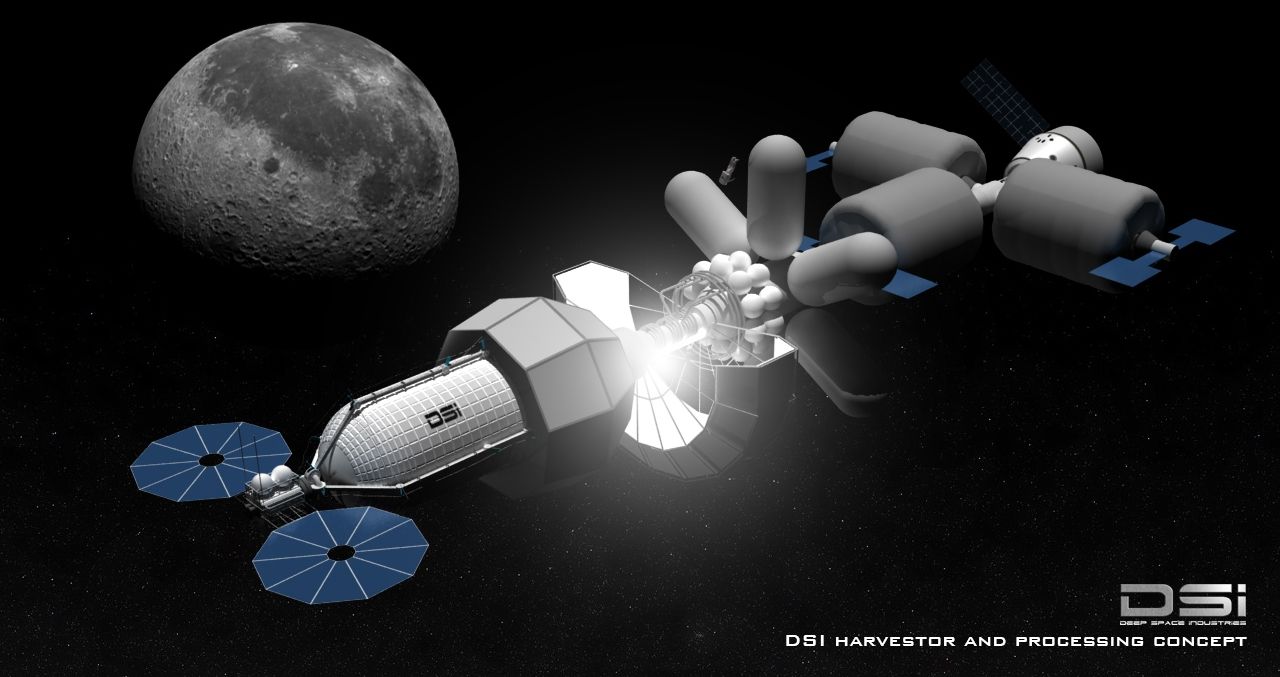Space is not a government program; it’s the rest of the Universe. Private space business is now a major factor, bent on finding investors interested in generating profits by making space more accessible to more people. Space business pays taxes to governments; it does not consume tax revenues. Further, space business can offer launch services to government agencies at highly competitive rates, thus saving taxpayer dollars. How can they do this, competing with government-funded boosters with a 50-year track record? Simple: governments have no incentive to cut costs. Traditional aerospace industry giants have a huge vested interest in boosters that were developed to military and NASA standards, among which economy was not even an issue. But innovative, competitive companies such as XCOR Aerospace and Mojave Aerospace, without such baggage (and overhead) can drive costs down dramatically. This is a proven principle: notice that we are no longer buying IBM PCs with 64 k of RAM for $5000 a unit.
Even more important in the long view, space is a literally astronomical reservoir of material and energy resources. The profit potential of even a single such resource, such as solar power collectors in space beaming microwave power to Earth, is in the trillions of dollars. What would it be worth to the world to reduce fossil fuel consumption by a factor of 20 or 100 while lowering energy costs? Can we afford to continue pretending that Earth is a closed system, doomed to eke out finite resources into a cold, dark future?
Can we afford space? Wrong question. Can businesses afford space? Yes. We get to reap the benefits of their innovative ideas and free competition without footing the bill.
